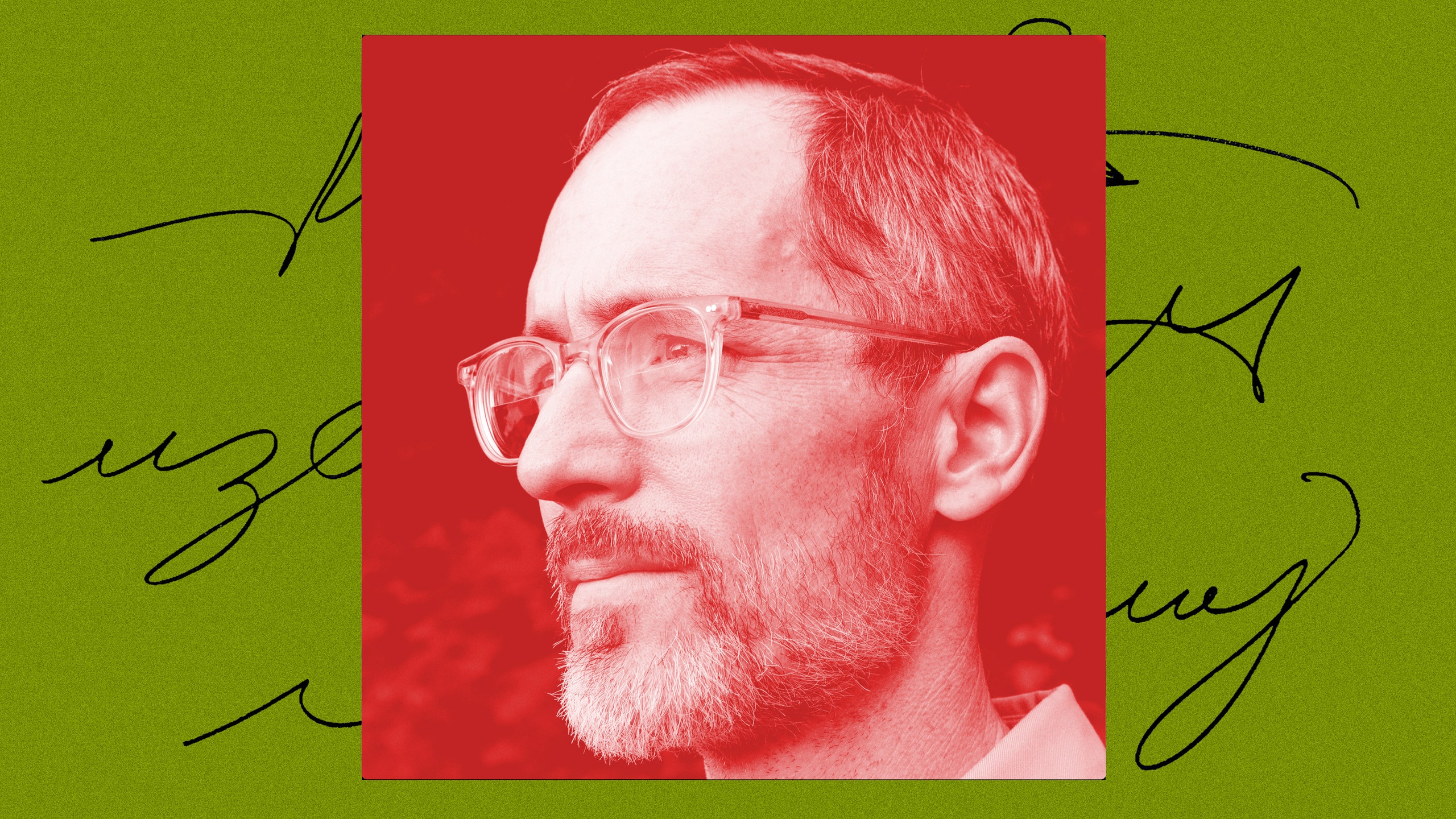Caleb Crain on Stealing from Life
In “Keats at Twenty-four,” your story in this week’s issue of The New Yorker, a nameless middle-aged writer seems to have come to something of a halt. Let’s start with the title. You quote a line from Robert Lowell: “Every writer, every journeyman, / past the halfway, is Keats at twenty-four.” How do these lines give impetus to this story? And does it mean anything to you that Lowell eventually deleted them?
I think every writer is susceptible to the grandiose, urgent, doomy mood of those lines. Is it all over for me? Just when I’m getting started? And writers remain susceptible even when, as with Lowell and the character in my story, it’s been a long time since they were twenty-four. Nobody does grandiose, urgent, and doomy quite as thoroughly as Lowell. I think he puts in the word “journeyman” to offset the grandiosity a little—to remind himself that at any age and whatever her stature, a writer is always someone who’s still figuring it out—and I’d like to think he intended for there to be at least a touch of irony in the comparison between old himself and young Keats.
The lines come from an early draft of Lowell’s book “The Dolphin.” The draft upset people because in it Lowell borrowed heavily from letters sent to him by his former wife, Elizabeth Hardwick, herself a formidable writer; attributed to the poem’s version of Hardwick statements the real Hardwick hadn’t made; and reordered the sequence of events in their divorce. Several friends told Lowell he’d gone too far; famously, the poet Elizabeth Bishop even declared to him that “art just isn’t worth that much.” Lowell revised extensively, in an attempt to, in his words, “blunt and angle” what he had borrowed. Unfortunately, he succeeded. When I read a facsimile edition of an early draft, published by FSG a few years ago, many of the unrevised poems seemed sharper and more vivid to me.
The narrator is gay, and he thinks about writing a story about a gay widower who sort of recedes from life, hiding in a bare hotel room. These thoughts come after a meditation on the meaning of a folk song for a little boy realizing that he’s gay. How does the narrator’s queerness interact with the sense of solitude, or retreat, in the story?
Walt Odets writes, in “Out of the Shadows: Reimagining Gay Men’s Lives,” that isolation can feel like safety to many gay men, especially those of an older generation. The character in my story grew up in a time and place where it could be dangerous, if you were gay, to let anyone get to know you well enough to figure out who you were. The character has long thought of himself as preferring solitude, and he wants to believe it’s merely fortuitous that he both has this preference and has chosen a vocation, writing, that has to be pursued alone. But what if solitude is a defense that has turned into a trap? To a person who has lived with solitude as long as he has, it’s always going to feel like a refuge, but he’s starting to have doubts, and they’re surfacing in his dreams and memories.
At a literary party, the narrator tells an older writer that he’s having trouble finishing a novel, partly because he “stole from life.” How much is that a cheeky reference to the story we’re reading?
It’s terrible. In this story I’ve committed not only autofiction but also metafiction. And as a writer I’m supposed to be a staid realist with Jamesian tendencies. All I can say in my defense is that it’s not entirely unprecedented. I also slipped into metafiction briefly at a crucial moment in my first novel, “Necessary Errors,” when a grief so upsets the hero that the narrator admits it has torn the fabric of the novel.
Much of this story describes a kind of stasis. How do you insure that the writing itself—and the movement of the story—is not static? And do you think of other writers whose form cuts against the content of their work?
Plot-wise, not much happens in the novels in Rachel Cusk’s “Outline” trilogy, but reading the books is like eating candy for dinner because Cusk’s characters keep telling stories that seem to give their souls away. I think I was trying to steal that trick—that feeling she gives of being told secrets, of getting almost more than one deserves as a reader. One of my favorite books is Cyril Connolly’s “The Unquiet Grave,” which is in form just a collection of quotes from his favorite writers, in English and French, and little observations, mostly unkind, that he makes about other people, but Connolly puts his collection together in such a way that the reader can’t help but try to puzzle out who broke his heart, and why. The style of my story probably also owes a great deal to Sigrid Nunez and Jenny Offill, and their practice of telling stories in episodes interspersed with literary references and interpretive meditations. ♦

